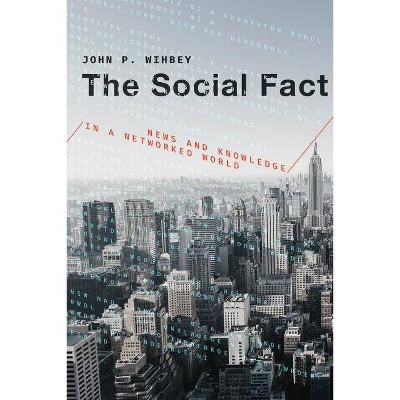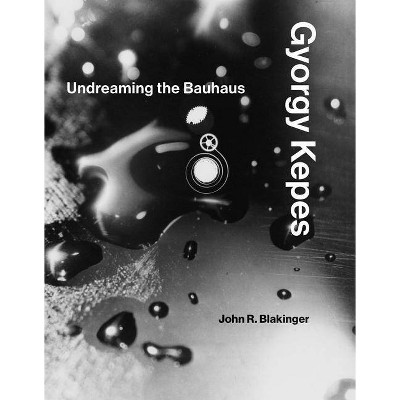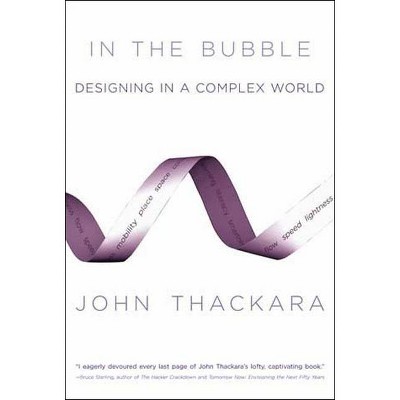The Social Fact - (Mit Press) by John P Wihbey (Hardcover)

Similar Products
Products of same category from the store
AllProduct info
<b>How the structure of news, information, and knowledge is evolving and how news media can foster social connection.</b><p>While the public believes that journalism remains crucial for democracy, there is a general sense that the news media are performing this role poorly. In <i>The Social Fact</i>, John Wihbey makes the case that journalism can better serve democracy by focusing on ways of fostering social connection. Wihbey explores how the structure of news, information, and knowledge and their flow through society are changing, and he considers ways in which news media can demonstrate the highest possible societal value in the context of these changes.</p><p>Wihbey examines network science as well as the interplay between information and communications technologies (ICTs) and the structure of knowledge in society. He discusses the underlying patterns that characterize our increasingly networked world of information--with its viral phenomena and whiplash-inducing trends, its extremes and surprises. How can the traditional media world be reconciled with the world of social, peer-to-peer platforms, crowdsourcing, and user-generated content? Wihbey outlines a synthesis for news producers and advocates innovation in approach, form, and purpose. <i>The Social Fact </i>provides a valuable framework for doing audience-engaged media work of many kinds in our networked, hybrid media environment. It will be of interest to all those concerned about the future of news and public affairs.</p>
Price History
Price Archive shows prices from various stores, lets you see history and find the cheapest. There is no actual sale on the website. For all support, inquiry and suggestion messages communication@pricearchive.us




















